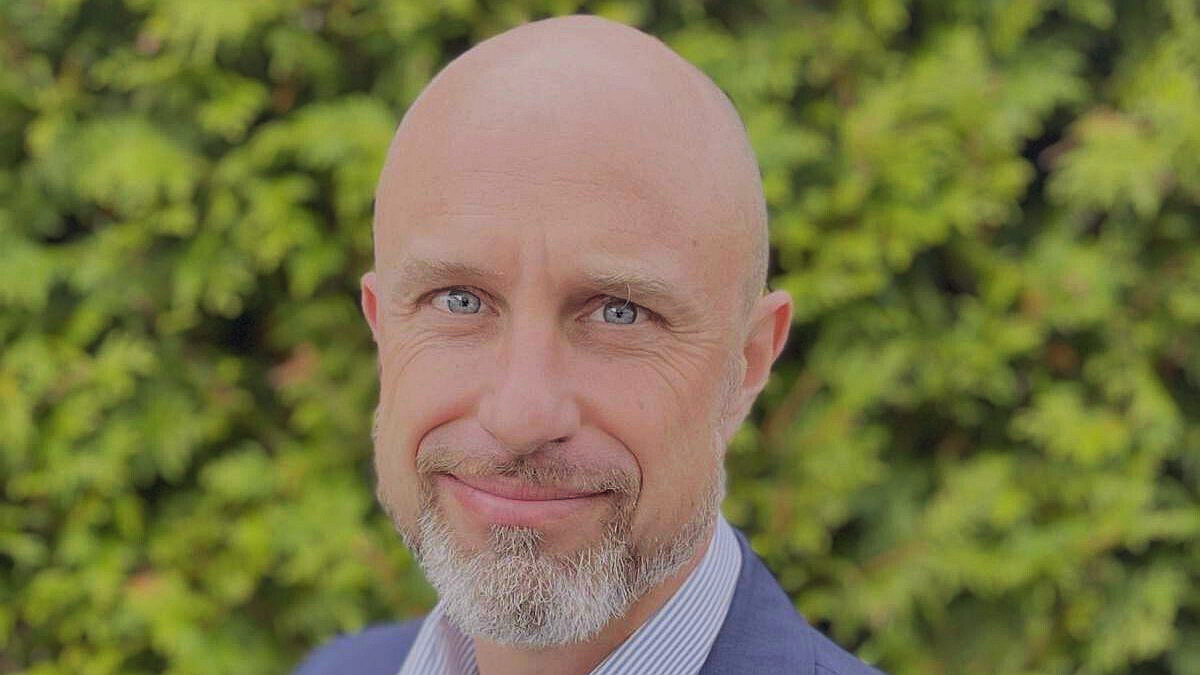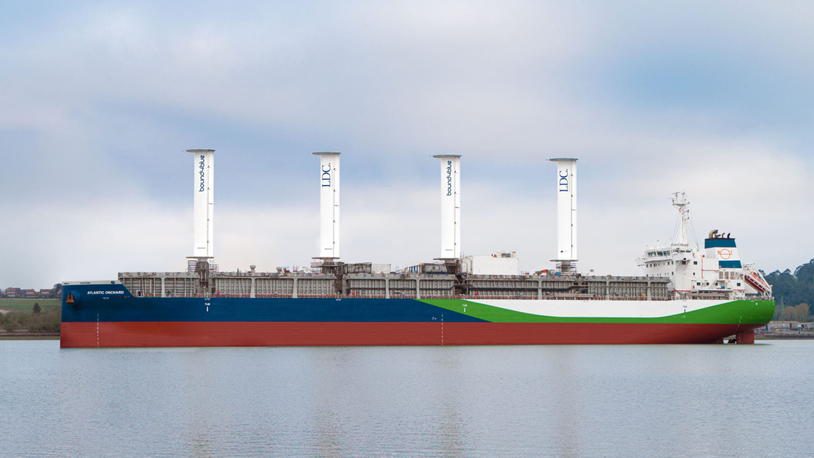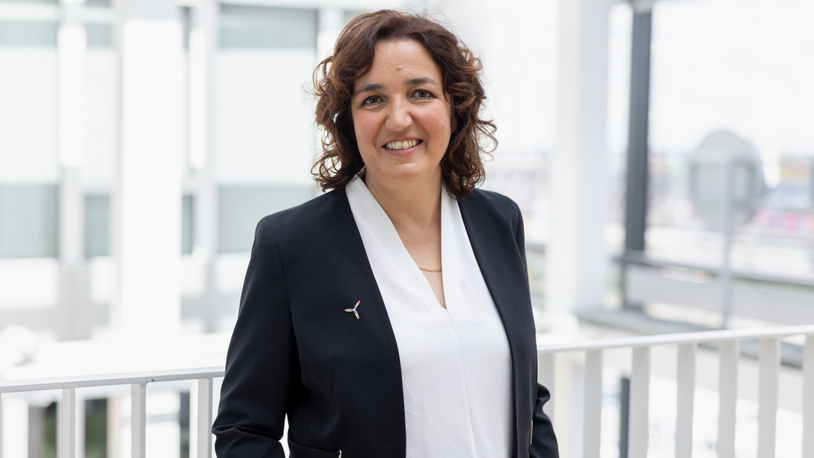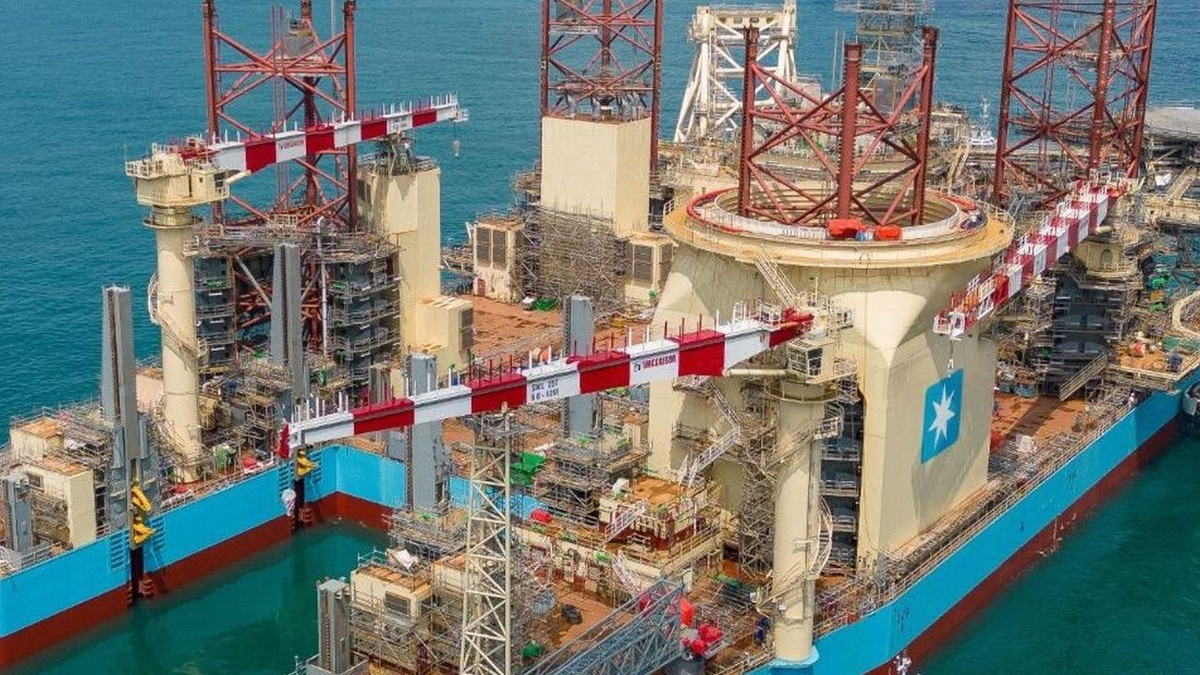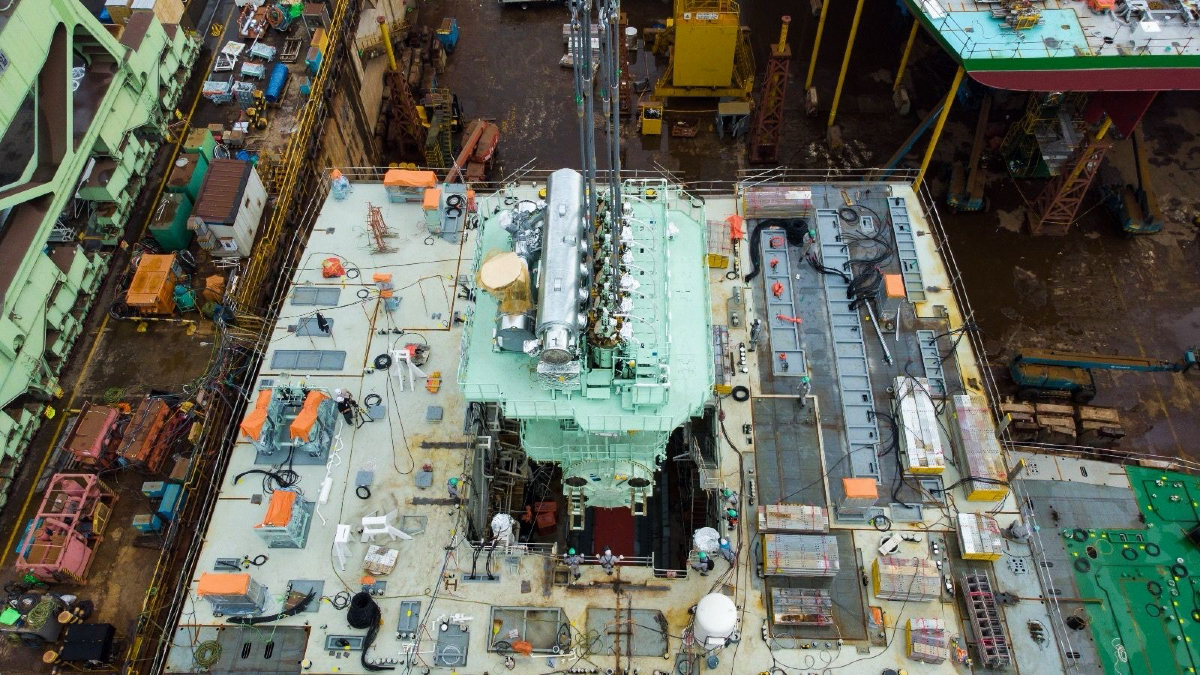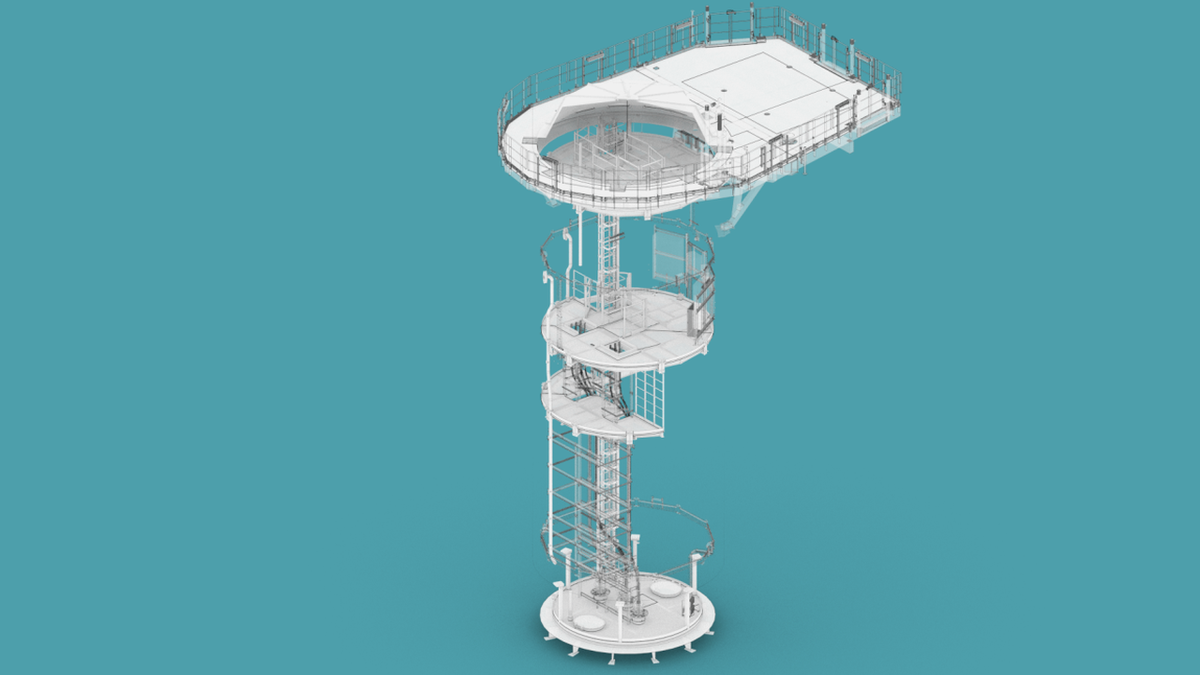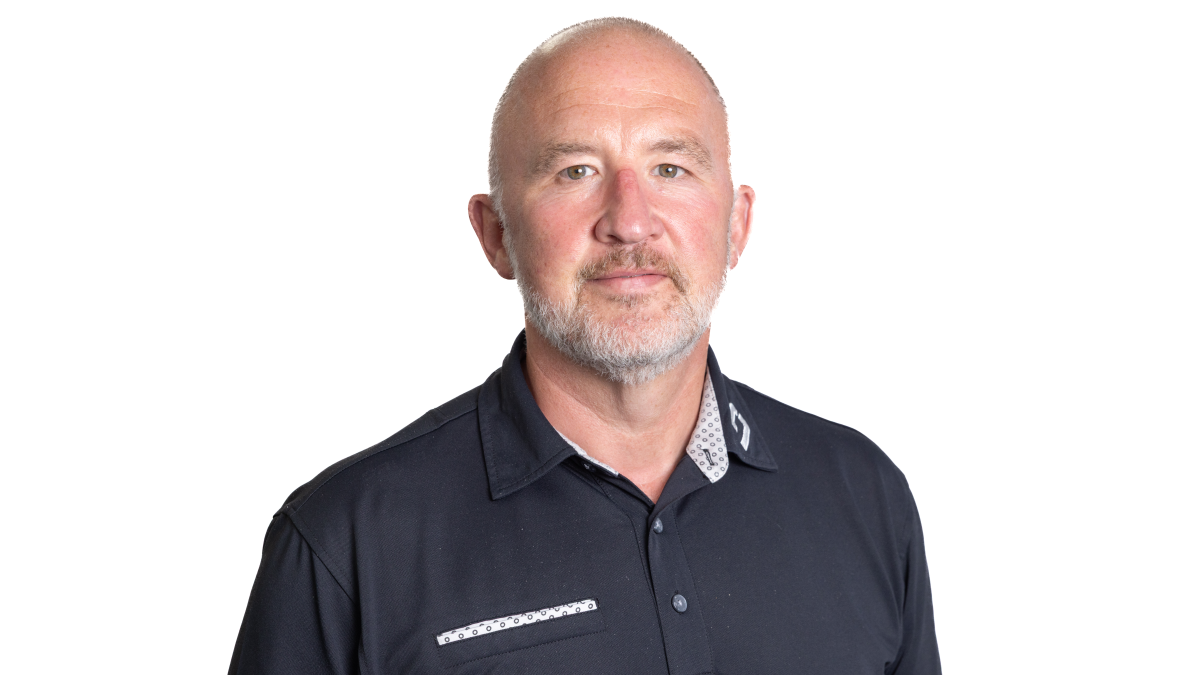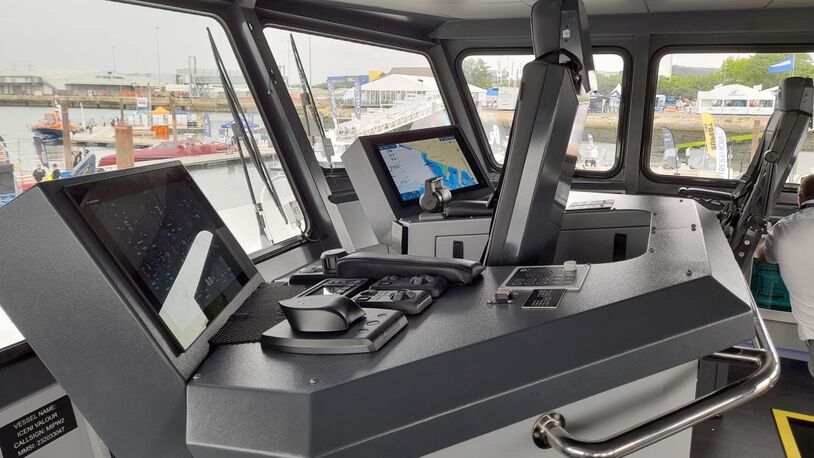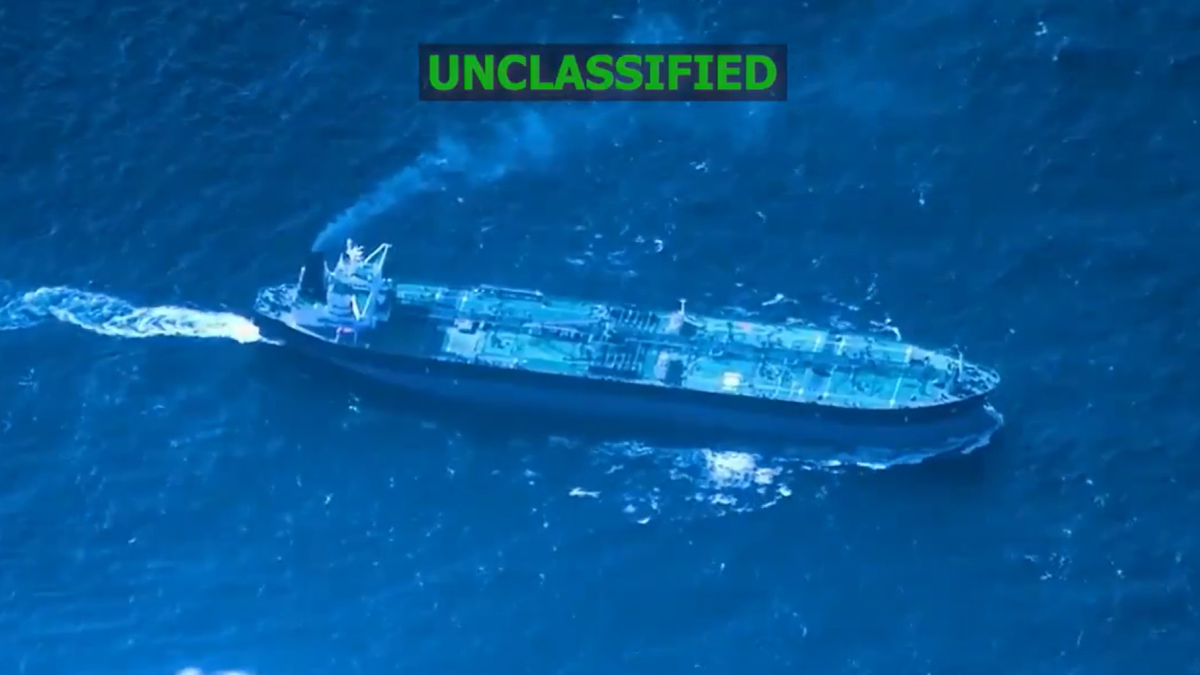Business Sectors
Events
Floating energy: successfully unlocking stranded gas using FLNGs and FSRUs
Contents
Register to read more articles.
Greywater and blackwater: closing the compliance gap
Ahead of Riviera’s Maritime Environment Protection webinar, Marinfloc Service & Support managing director Ola Larsson discusses data, flocculation and collaboration to improve onboard wastewater compliance
Marinfloc Service & Support managing director Ola Larsson said his guiding principle is rooted in purpose. “Marinfloc’s vision, A Clean Sea, continues to guide my leadership – not just as a statement of intent, but as a daily reminder of why we exist and what impact we aim to make.”
Mr Larsson is taking part in the Riviera webinar Greywater and blackwater: improving the compliance gap, which takes place on 30 October, 09:00 GMT. It will examine practical routes to more reliable wastewater management and enforcement-ready operations.
Mr Larsson’s route into the subject runs through engineering and operations.
“My professional journey began in 2002 at Ciserv. In 2006, I joined Marinfloc, and since 2009 I have served as managing director.”
He explained his emphasis has shifted over time from pure technology towards practical outcomes on board, where reliability, compliance and environmental value are tested every day.
“I believe true sustainability means creating solutions that are both effective for the planet and viable for business.”
For wastewater specifically, Mr Larsson pointed delegates to a clear technical message. “At present, our main focus is on increasing awareness of flocculation as the most efficient and reliable method for treating contaminated water on board.”
He added process control and evidence are becoming central to how crews operate and how management demonstrates due diligence.
That theme carries into his digital priorities.
According to Mr Larsson, the company’s Marinfloc Alert Report Support platform (MARS) is intended to make environmental performance visible and actionable.
“MARS provides real-time environmental insights, enabling ship operators to act proactively on trends and deviations. It’s about empowering customers with data to ensure clean water discharge and optimise their environmental performance.”
Mr Larsson is candid about why gaps persist.
“Crews face constant time pressure, which often limits their ability to manage environmental systems effectively – especially when training and familiarisation with onboard systems are insufficient.”
He also pointed to the pace of regulation, “The regulatory process governed by IMO, while essential for global consistency, moves slowly and often lags behind scientific and technological progress.”
He argued better data architecture would help operators, suppliers and regulators speak the same language.
“Standardisation of digital signals on board presents a major opportunity. If the industry can align on how operational data is tagged and shared, we can unlock the full potential of environmental analytics.”
In his view, collaboration should focus on common data structures so that companies “can compete in how intelligently they interpret and use the information.”
Looking ahead to the session, Mr Larsson framed the invitation simply. Marinfloc’s vision is broad, he said, and widely shared.
“To achieve it, we must collaborate beyond company boundaries. This will drive smarter digitalisation across the maritime sector – enabling both environmental progress and operational efficiency and contribute to a clean sea.”
Riviera’s Marine Environmental Protection Webinar Week will be held 28-30 October. Use this link for more information and to register for these webinars.
Related to this Story
Events
Maritime Regulations Webinar Week
Floating energy: successfully unlocking stranded gas using FLNGs and FSRUs
© 2024 Riviera Maritime Media Ltd.


